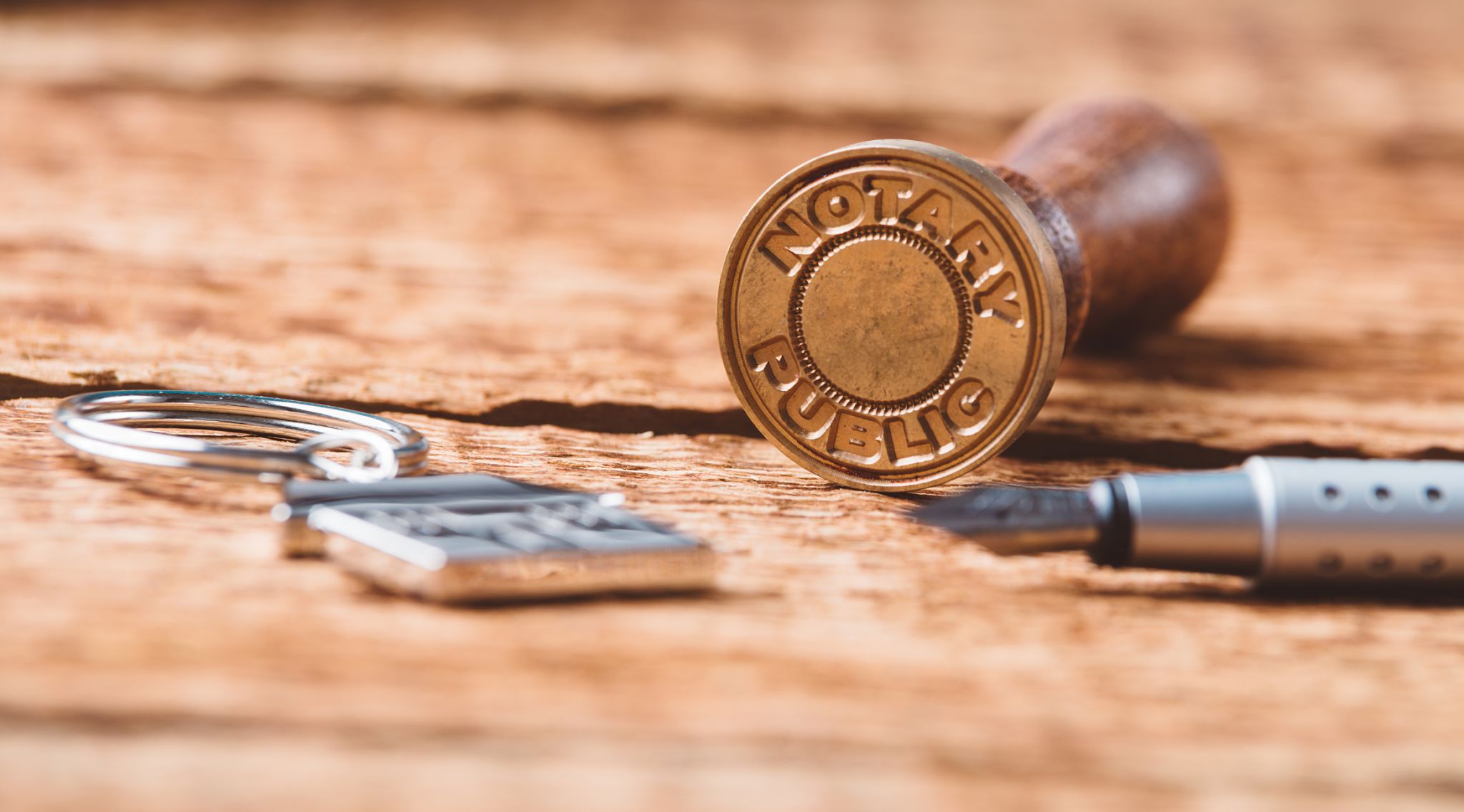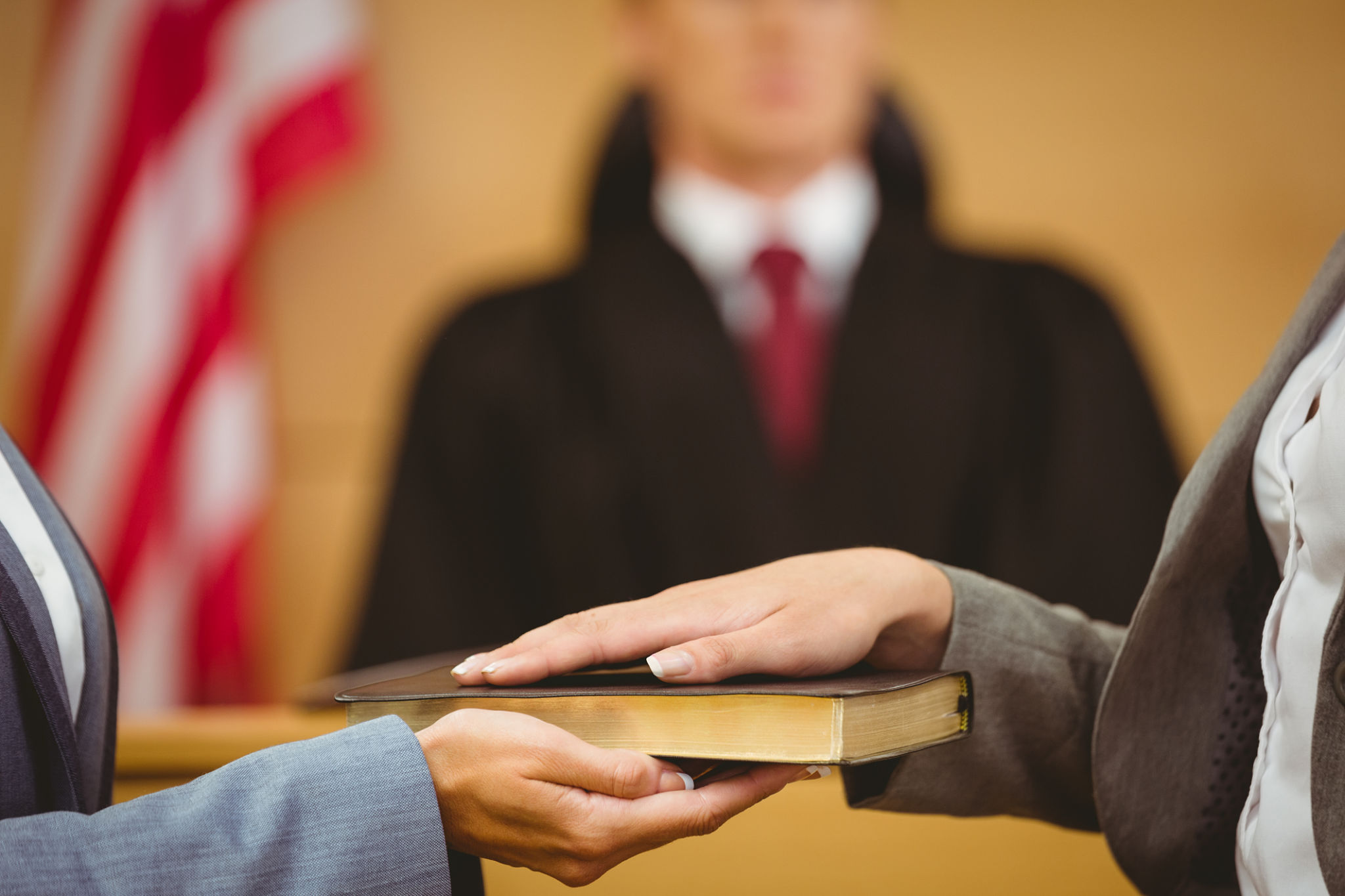10 Common Notarial Acts Explained by Wen Mobile Notary
TL
When it comes to official documents, notarial acts play a crucial role in ensuring their authenticity and legality. At Wen Mobile Notary, we understand the importance of these acts and aim to make them accessible and understandable for everyone. Here, we explain 10 common notarial acts that you might encounter.
1. Acknowledgments
An acknowledgment is a formal declaration by a person signing a document that they have willingly signed it. This notarial act is often used for legal documents like deeds and powers of attorney. The notary's role is to ensure that the signer appears before them and acknowledges the signature.

2. Jurats
A jurat involves the signer swearing or affirming the truthfulness of the contents of a document. This is commonly used for affidavits and depositions. The notary must administer an oath or affirmation to the signer, ensuring the document's integrity.
3. Oaths and Affirmations
While similar, oaths and affirmations serve slightly different purposes. An oath is a pledge made to a supreme being, while an affirmation is a solemn promise on one's personal honor. Both require the signer to declare truthfulness, often for affidavits or legal testimony.

4. Signature Witnessing
Signature witnessing involves the notary observing the signing of a document to confirm its authenticity. This act is essential for preventing fraud and ensuring that the signature is genuine and willingly made by the signer.
5. Copy Certification
In some cases, it is necessary to certify that a copy of an original document is true and accurate. Notaries can perform this act by verifying both the original and the copy, ensuring they are identical.

6. Protests
Protests are less common but important notarial acts concerning negotiable instruments like checks or promissory notes. They involve a formal declaration that a payment has been refused, serving as a record for future legal actions.
7. Verification on Oath or Affirmation
This act is similar to a jurat but specifically focuses on verifying the truthfulness of statements within a document via oath or affirmation. It is commonly used in legal settings where accuracy is critical.

8. Depositions
Notaries may be involved in the taking of depositions, which are sworn out-of-court testimonies recorded for use in legal proceedings. The notary ensures that the deponent’s testimony is given under oath and documented accurately.
9. Safe Deposit Box Inventory
When opening a safe deposit box legally, a notary might be required to witness and document its contents. This ensures an accurate record and assists in resolving any disputes regarding the box's contents.

10. Loan Signing
Loan signing involves overseeing and notarizing loan documents to ensure the borrower's understanding and voluntary agreement to the terms. This act is crucial in real estate transactions and refinancing.
These common notarial acts are essential for maintaining document integrity and legal compliance. At Wen Mobile Notary, we are committed to providing reliable and convenient notarial services to meet your needs.
